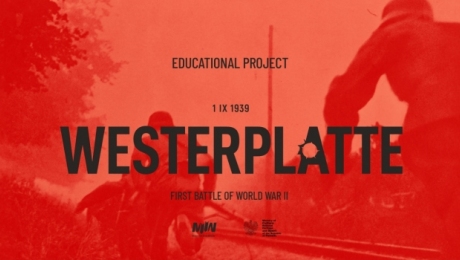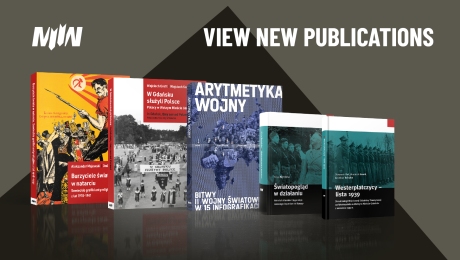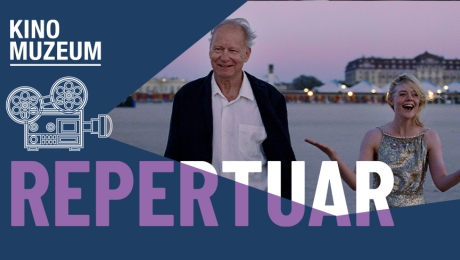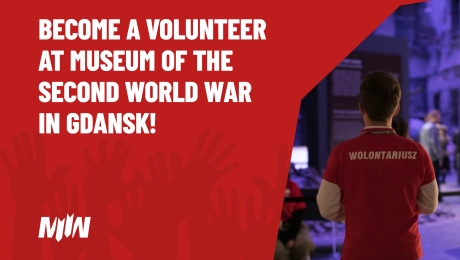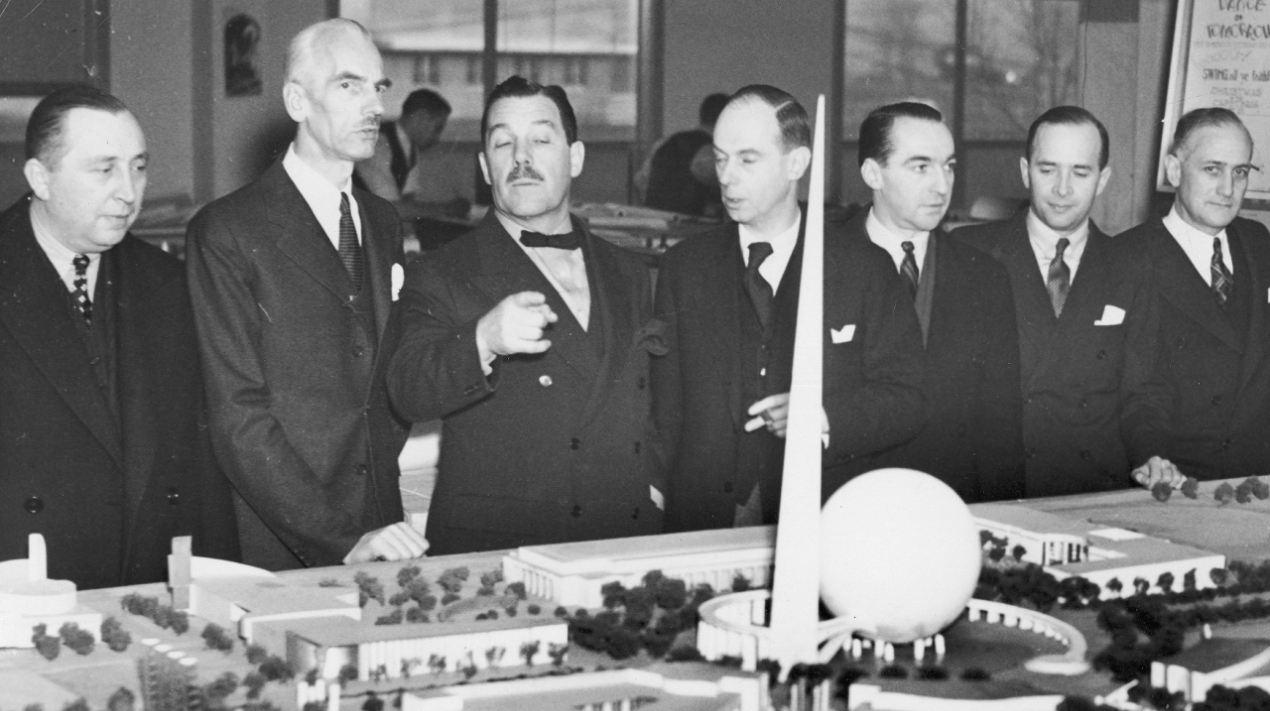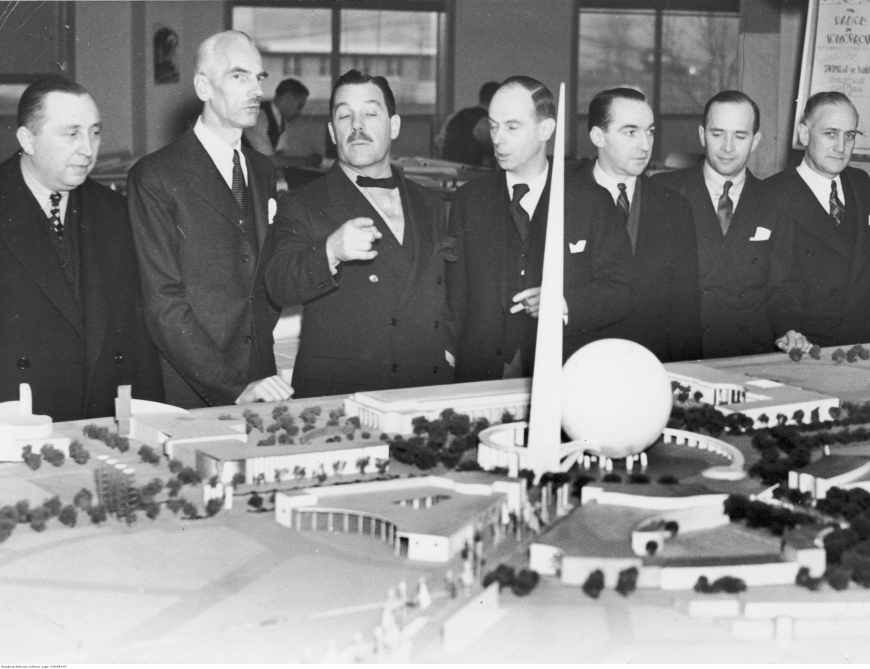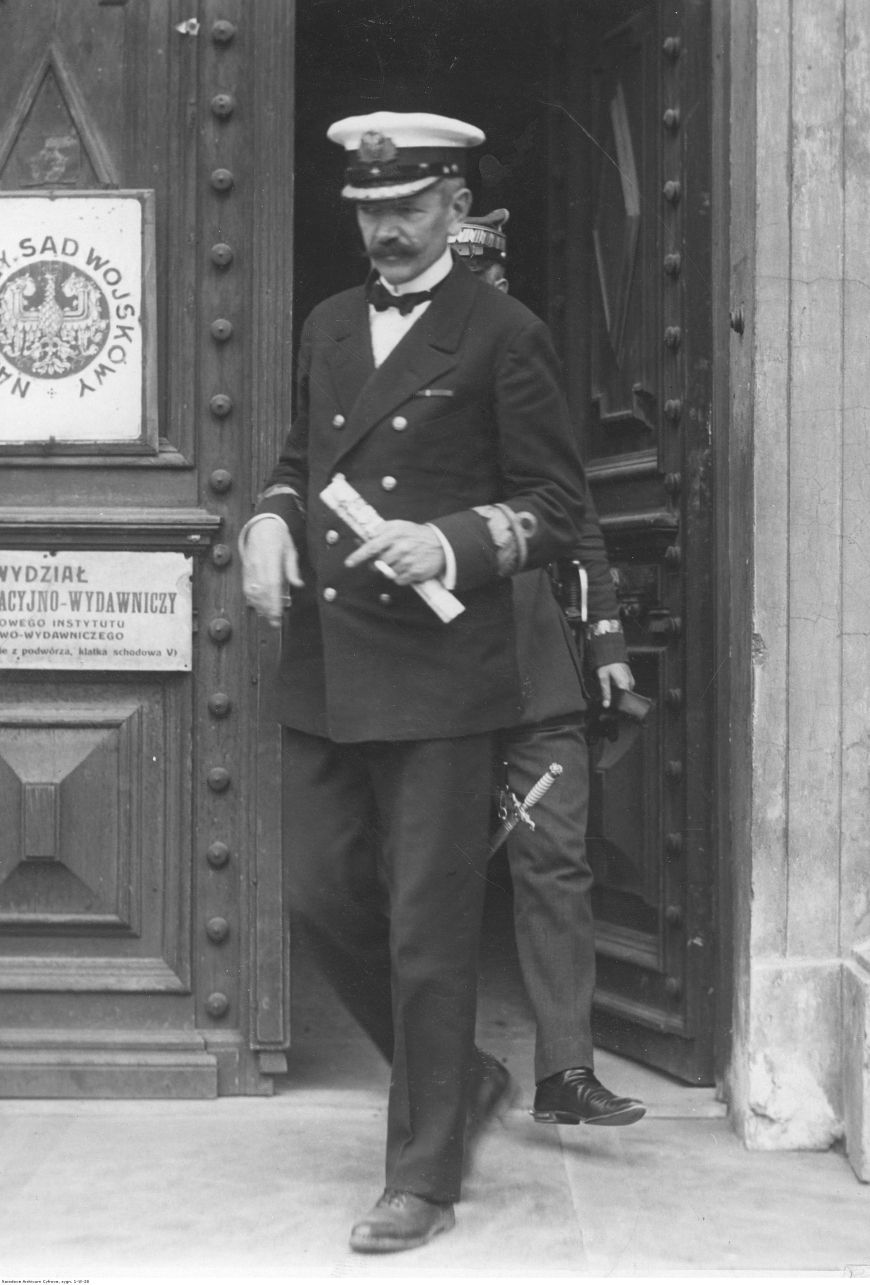POLAND OWES THEM FOR WESTERPLATTE – JAŁOWIECKI'S PARTNERS
In 1919, Poland purchased real estate in the environs of Gdańsk. The uncertain political future of the city at that time was conducive to the mainly German owners to start a process of selling it off. This process was taken advantage of by people associated with Mieczysław Jałowiecki, who were working to increase Polish ownership of the city. In this way, real estate was acquired on Westerplatte, where as time went by, the Polish Military Transit Depot was established.
The main person involved in purchasing real estate by Poland was Mieczysław Jałowiecki, the general delegate of the Ministry of Provisioning for the city of Gdańsk. However, he quickly found helpers with whom he cooperated during his stay in the city. They operated as part of the American Food Mission, which was related to an agreement between the Polish government and the United States on the delivery of food products from the USA through the port of Gdańsk into the interior of the country.
Witold Wankowicz (1888–1948)
Together with Jałowiecki, a delegation of several people arrived in Gdańsk. Among them was, among others, Witold Wańkowicz, a cousin of Jałowiecki's first wife and brother of the writer Melchior. Before the outbreak of World War I, he was an active football player and one of the co-founders of Wisła Kraków. He was Jałowiecki's deputy. He performed his duties with extreme conscientiousness, as evidenced by, among other things, the opinion of the general delegate himself: "I often later, in various difficult moments, thanked Providence for giving me such a unique man as my deputy."
Jałowiecki trusted him completely. Wańkowicz took an active part in the purchase of real estate on Westerplatte. He participated in the meetings of the commission discussing the acquisition of specific properties in Gdańsk. After finishing his service in Gdańsk, he served as chargé d'affaires for the Polish Embassy in the United States. As an example of his work, he organized the Polish pavilion at the World Fair in New York in 1939.
Michał Borowski (1872–1939)
Also working as a representative for military and naval mattersin Gdansk at that time was Michał Borowski, who was delegated by the Ministry of War. He was an ideal candidate for this work - for years he served in the tsarist army in the navy, he was familiar with port issues and the technical matters related to sea and inland transportation. In addition, he had lived in the United States for business for several years. He was also a polyglot who could speak English, Russian, German and other languages. Although he focused mainly on work in the port related to the unloading of food transportation to Poland, he was also actively involved in the process of Poland's acquisition of real estate in Gdańsk.
In the summer and autumn of 1919, due to the needs of the Polish delegation at the Versailles Conference, Borowski intensified his work on the ownership of real estate in Gdańsk. As a result, maps were created on which the division of ownership of various points in the city was marked. Borowski stayed in Gdańsk after the proclamation of the Free City. He worked as part of the Polish Delegation of the Port and Waterways Council; in July 1923 he became its chairman. During the years 1924–1926, he supervised the construction of an ammunition depot and a reloading base at Westerplatte. Soon after, he left Gdańsk.
Jan Raue, Witold Jasiński, Stanisław Potulicki, Kazimierz Krzyżanowski
Jan Raue, a company secretary who came to Gdańsk together with his superior along with Mr Wańkowicz, also collaborated with Jałowiecki. He was associated with the Gdańsk branch of the Polish-Bałtyckie Towarzystwo Handlowe J. Raue i S-ka Polbal. His partner in the company was Witold Jasiński (second secretary). Both ended their service in Gdańsk together with Jałowiecki and Wańkowicz in 1920.
One of Jałowiecki's first cooperators was Count Stanisław Potulicki, who arrived in March 1919. He was the second secretary of the delegation of the Polish government before Witold Jasiński. He was responsible for economic matters, especially in the first period of the delegation's activity.
Kazimierz Krzyżanowski, in turn, was an engineer, a member of the government delegation and head of the purchasing department. He also belonged to the purchasing committee which was composed of Jałowiecki, Borowski and Wańkowicz. He participated in decision-making meetings, notably about the acquisition of Westerplatte.
Without the involvement of Jałowiecki and his associates, the takeover of Westerplatte would probably not have been possible. It was thanks to the active attitude and professionalism of the people mentioned above that Poland acquired the peninsula, and over time, the Military Transit Depot was eventually located on its territory.






